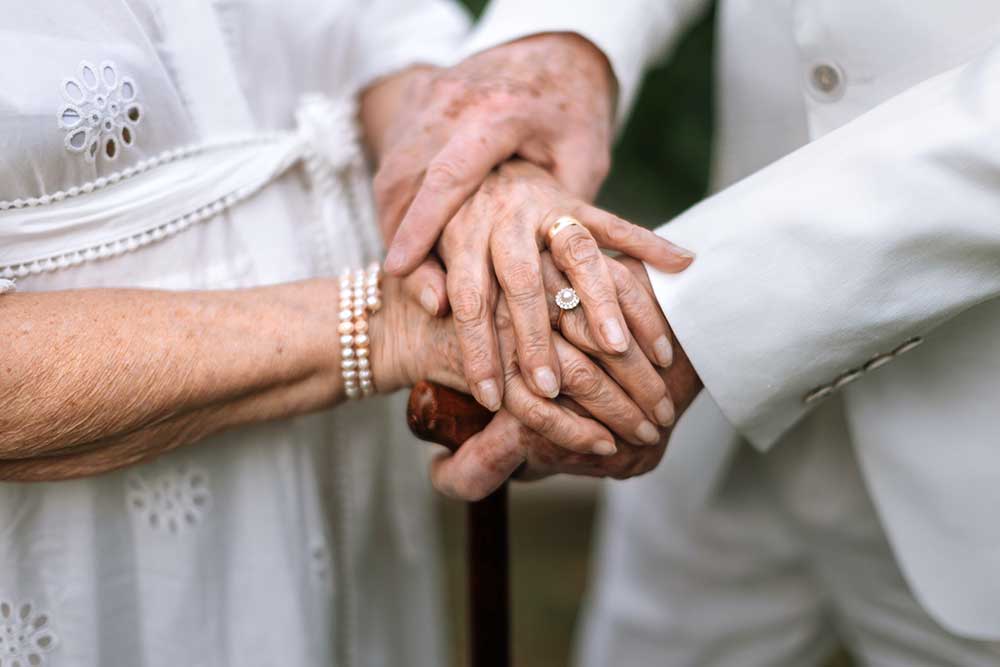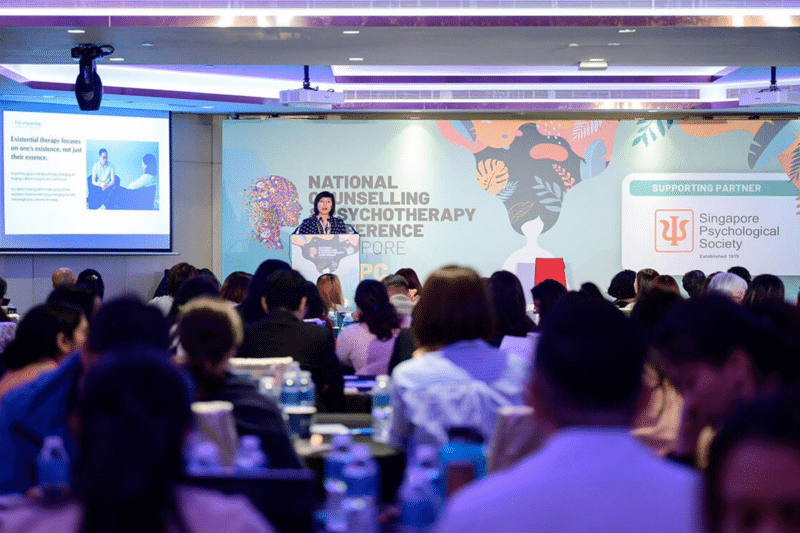Through the parents of Abigail and Lara, I am reminded of what it means to be an existential therapist.
Last Sunday, I read this article about a couple’s fight to have their daughters’ names recognised, even though their identities will not be “in the provision or use of government services throughout their lives”. If there isn’t a practical use to such an acknowledgement, why did it matter?
I found myself drawing striking parallels between the parents in this situation, what they are standing up for, and the essence of an existential therapist role.
In the same way the parents fight to validate their children’s existence, existential therapists fight to validate their clients’ existence. Maybe it’s impossible to relieve their plight. Maybe nothing in their circumstances will change. Maybe the struggles remain. But the recognition of the autonomy and dignity of a person is returned to the client.

Often times, people suffer not because of their problems but because nobody seems to care.
Their existence is dead and is deemed to have no significance. Just like what the parents said, “You’re basically saying it doesn’t matter what their names are, it doesn’t matter who they are. They’re dead, who cares, you know?”
When asking what is existential therapy, as articulated by Daseinanalyst Dr. Miles Groth, we care for the existence of the person, not for what he is. It is a care for or an attendance to someone, not a treatment of the body or mind.
The belief that their children had the potential like any other human being (even though it is no more) is what drove the parents to question and fight for their existence. Likewise, as therapists (whether existential or not), embracing the fundamental notion of human existence, acknowledging that we all exist or have existed at some point, can cultivate a certain presence in the way we relate to our clients, which can sometimes contribute to a more therapeutically healing than the mere application of tools and skills to relieve their pain and symptoms.
About the Author
Hi, I'm Mag: a UKCP-accredited counselling psychologist and founder of Singapore’s first ever existential practice. My care philosophy is not to diagnose, label, or categorise but rather to work with the individual in front of me in the here and now.
My clinical credentials certainly play a significant role in defining my professional identity. But to foster a deeper connection and authenticity, I invite you to discover my other “Selves”, the various facets of who I am.











